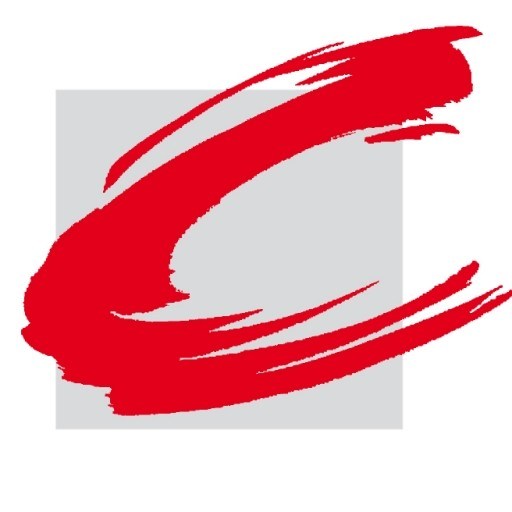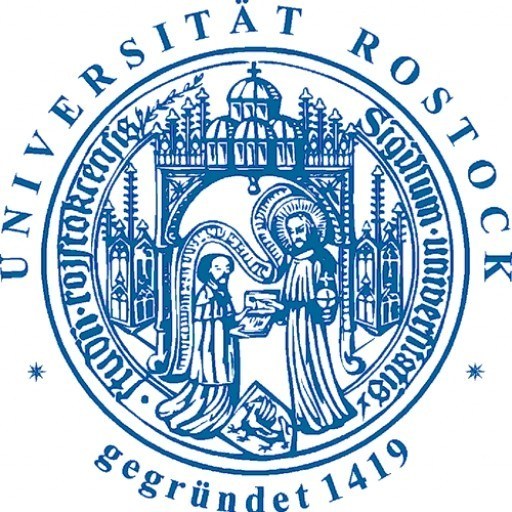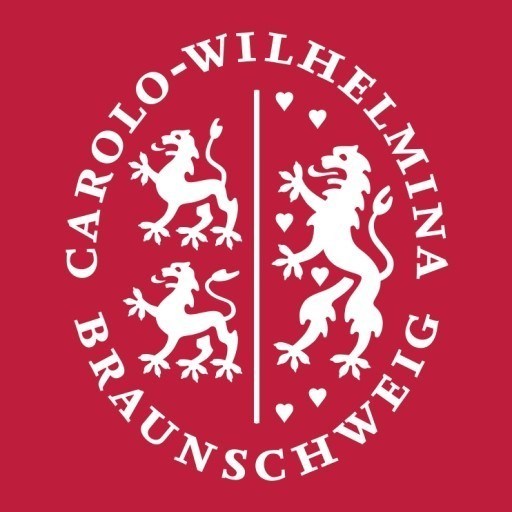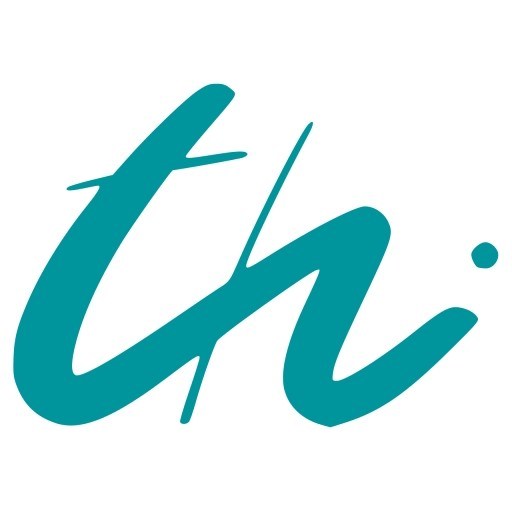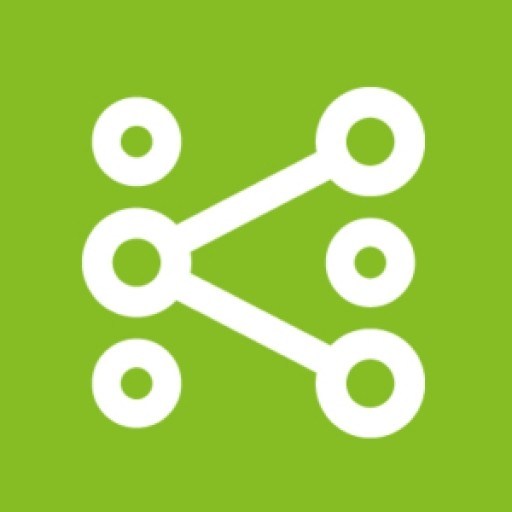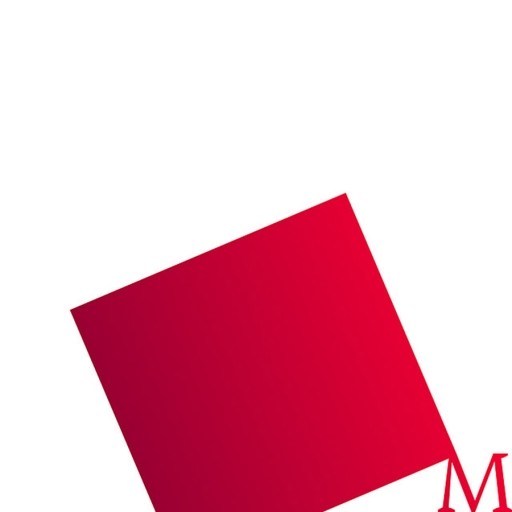Photos of university / #tu.muenchen
Data Engineering and Analytics at the Technical University of Munich (TUM) is a cutting-edge master's program designed to equip students with the fundamental skills and advanced knowledge needed to excel in the rapidly evolving field of data science. This interdisciplinary program combines elements of computer science, mathematics, and domain-specific expertise to prepare graduates for diverse roles such as data engineers, data analysts, and machine learning engineers in industry and research.
The curriculum offers a comprehensive overview of data management, storage, and processing techniques, including big data technologies, distributed databases, and cloud computing platforms. Students learn how to design and implement scalable data pipelines, ensuring efficient data acquisition and transformation to support analytical applications. Core coursework covers programming languages such as Python and SQL, data warehousing principles, and data security and privacy considerations, fostering a deep understanding of the technical foundations necessary for modern data engineering.
In addition to technical skills, the program emphasizes analytical methods, statistics, and machine learning algorithms to enable students to extract meaningful insights from complex datasets. Courses in data visualization, predictive analytics, and business intelligence prepare graduates to communicate findings effectively and support data-driven decision-making processes in organizations. The integration of practical projects and collaborations with industry partners ensures that students gain hands-on experience with real-world data challenges, applying their skills in dynamic environments.
The program also highlights the importance of understanding ethical and legal aspects of data management, including data protection regulations and responsible data handling. This prepares students to navigate the ethical considerations inherent in working with sensitive information.
Graduates of the Data Engineering and Analytics program at TUM are well-positioned for careers in various sectors, including information technology, finance, healthcare, and manufacturing. The program also provides an excellent foundation for those wishing to pursue doctoral research in data science or related disciplines. With access to TUM’s extensive research facilities, international faculty, and vibrant academic community, students will develop both technical expertise and critical thinking skills necessary for leadership roles in the data-driven future.
Educational organisation
The Master's programme in Data Engineering and Analytics is a two-year programme divided into four semesters.Although it has a strong focus on the management (acquiring, storing, retrieving, sharing, analysing, visualising) of very big data, it is nevertheless a quite flexible programme that allows you to structure your studies towards your preferred sub-areas of interest.
You will attend lectures, practical courses, and seminars, and you will carry out research.
The curriculum also includes aspects of the social and ethical impact of managing big data, both within the technical courses and also in specialised support electives.
The Master's thesis is written in the fourth semester.
Study abroad unit(s)
It is possible to spend one or two semesters at one of our partner universities or to take intensive courses at 21 European partner universities within the framework of the ATHENS programme (Advanced Technology Higher Education Network Socrates).Internships
- Not mandatory, but good possibilities during lecture-free periods
- Career service offered
- Support for business creation offered
Forms of assessment
Assignments during the semester, exams at the end of the semesterCourse objectives
A Master's degree in Data Engineering and Analytics from TUM will enable you to work in executive positions in industry and will qualify you for a career in research (PhD).Language requirements
Applicants must provide proof of their English skills by taking one of the following tests:TOEFL: iBT 88; CBT 234; PBT 605
IELTS: 6.5 (Academic Module)
Cambridge Main Suite of English Examinations
- Cambridge Certificate in Advanced English (CAE)
- Cambridge Certificate of Proficiency in English (CPE)
Academic requirements
Bachelor's degree in informatics/computer science or in mathematics with a minor in informatics (or equivalent).Applicants must provide a letter of motivation and an essay and may be invited for a selection interview by telephone.
GRE or Gate Test for applicants with a degree from Bangladesh, China, India, Iran, or Pakistan
For further information, see: http://www.in.tum.de/en/for-prospective-students/apply-for-admission/masters-programs.html
Enrolment fees
Approx. 115 EUR per semesterThe fee includes a semester ticket covering public transport in Munich.
Costs of living
In order to cover personal expenses while studying in Munich, we recommend a budget of at least 800 EUR per month.Job opportunities
There are various job opportunities as teaching and research assistants at the university.Munich is also a very good place to find internships and jobs at software companies.
Arrival support
TUM's International Center offers a special programme tailored for international students, TUMinternational (TUMi). The TUMi programme provides help and advice for new students as well as a cultural programme with events scheduled both prior to and during the academic periods.The service desk of the Student Service Center is the first contact point for international students. We are here to help you with issues such as applications, enrolment, student ID cards, etc. Furthermore, we offer various three- to six-week summer schools combining academics with a rich menu of educational and social activities as a foretaste of university life. For international students who have been admitted to a degree programme, the Student Service Center offers a four-week pre-study course designed to help you get started at the TUM. Students new to TUM are invited to the service fair "Fit for TUM", which takes place before the semester officially starts, to get an overview of the various offerings of support services at TUM. See: http://www.tum.de/en/studies/international-students/.
Learning German: While the language of instruction for many of TUM's postgraduate programmes is English, learning German and thus being able to participate in daily German life at a deeper level enriches the experience of studying and living in Munich. TUM's Language Centre offers language classes for students at all levels, both prior to and during the semester: See: http://www.sprachenzentrum.tum.de/en/startseite/.
Services and support for international students
Support for international students at TUM:http://www.tum.de/en/studies/internationale-studierende/living-in-munich/
International student adviser at the department:
http://www.in.tum.de/en/international-affairs/international-degree-students.html
The department's "International Café" hosts regular events:
http://www.in.tum.de/en/current-students/student-life/international-events.html
The department's mentoring programme matches incoming international students withvcurrent TUM students:
http://www.in.tum.de/en/current-students/student-life/minga-international-student-mentor-program.html
Accommodation
It is not easy to find a place to live in Munich - but it is not impossible either! TUM supports students and employees in their search for accommodation, providing personal advice, in-house listings and useful information to ensure that you can quickly find a place to call your own. See: http://www.tum.de/en/university-life/accommodations/.With high rents and not enough rooms in halls of residence, the Munich rental market is one of the most competitive in Germany - especially for students. The city boasts over 1.4 million inhabitants, with more people moving to Munich every year - many of them attracted by the excellent study opportunities that Munich has to offer.
Student halls of residence usually offer affordable accommodation for students. The Munich Student Union runs most of these halls of residence. For more information, see: http://www.studentenwerk-muenchen.de


